Should You Keep a Short-Tailed Opossum as a Pet?
Updated on 04/26/24
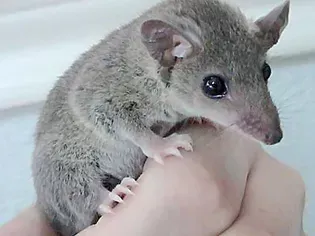
Should You Keep a Short-Tailed Opossum as a Pet?
Introduction:
Are you considering welcoming a short-tailed opossum, also known as a common opossum, into your home as a cherished pet? While these marsupials possess unique and intriguing characteristics, it's crucial to delve into their suitability as companions to make an informed decision. This comprehensive guide will explore the pros and cons of owning a short-tailed opossum, providing you with all the essential information to determine if this unusual creature is the right fit for your lifestyle.
Pros:
1. Unique and Captivating Charms:
Short-tailed opossums undeniably exude a peculiar charm. Their endearingly clumsy movements, curious nature, and wide-eyed expressions can bring joy and laughter to your household. Witnessing their playful antics and mischievous exploration can provide hours of entertainment.
2. Hardy Nature and Easy Care:
Compared to many other exotic pets, short-tailed opossums are relatively low-maintenance companions. Their adaptable nature allows them to thrive on a simple diet of fruits, vegetables, insects, and commercial opossum food. Their robust health and minimal grooming requirements make them suitable for individuals seeking a pet that is not overly demanding.
3. Noxious Odor as a Defense Mechanism:
Short-tailed opossums possess a unique defense mechanism – they emit a pungent odor to deter predators. While this scent can be off-putting to some, it also serves as a natural protection against potential threats. Interestingly, opossums have precise control over the release of this odor, using it only when they feel threatened.
Cons:
1. Nocturnal Nature and Nighttime Activity:
Short-tailed opossums are strictly nocturnal creatures, meaning they are most active during the night. This can pose challenges for owners who prefer daytime companionship or those with sensitive sleep patterns. Be prepared for nocturnal noise and activity, including climbing, foraging, and vocalizations.
2. Potential Aggression and Handling Difficulties:
While short-tailed opossums are generally docile and non-aggressive, they can become defensive if they feel cornered or threatened. Improper handling can lead to bites or scratching. It's essential to establish trust and respect with your opossum through gentle handling and positive reinforcement techniques.
3. Short Lifespan and Degenerative Health Conditions:
Short-tailed opossums have a relatively short lifespan, typically ranging from 2 to 5 years in captivity. Additionally, they are prone to certain health conditions, such as cataracts, dental problems, and reproductive issues. Be prepared for potential veterinary expenses and the emotional toll of losing your beloved companion sooner than anticipated.
4. Legal Restrictions and Zoning Regulations:
Depending on your location, keeping a short-tailed opossum as a pet may be restricted by local ordinances or zoning regulations. It's imperative to thoroughly research local laws before deciding to bring an opossum into your home. Violating these regulations could result in fines or penalties.
Examples of Suitable and Unsuitable Candidates:
Suitable Candidates:
* Individuals who appreciate unique and unconventional pets
* Owners with a flexible schedule that accommodates nocturnal activity
* Those who have experience handling exotic animals or are willing to learn proper techniques
* People who are prepared for the potential short lifespan and health concerns
* Residents in areas where opossum ownership is legal
Unsuitable Candidates:
* Individuals who are squeamish about strong odors
* Owners who prefer daytime companionship and quiet nights
* First-time pet owners or those without prior experience with exotic animals
* People who live in areas where opossum ownership is prohibited
* Those who are not emotionally prepared for the potential loss of their companion within a few years
Conclusion:
The decision of whether or not to keep a short-tailed opossum as a pet is deeply personal. These marsupials offer unique companionship and intriguing characteristics but also come with specific challenges and considerations. By carefully weighing the pros and cons outlined in this guide, you can determine if a short-tailed opossum is the right choice for your lifestyle and preferences. Remember, responsible pet ownership requires commitment, dedication, and a deep understanding of the animal's needs.
Explore More Pets

Exotic Pet Species
Should You Keep a Chimpanzee as a Pet?
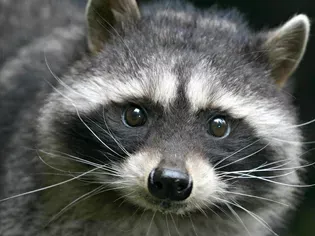
Exotic Pet Species
Should You Keep a Raccoon as a Pet?
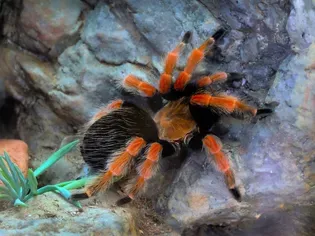
Exotic Pet Species
How to Care for a Pet Mexican Red-Knee Tarantula
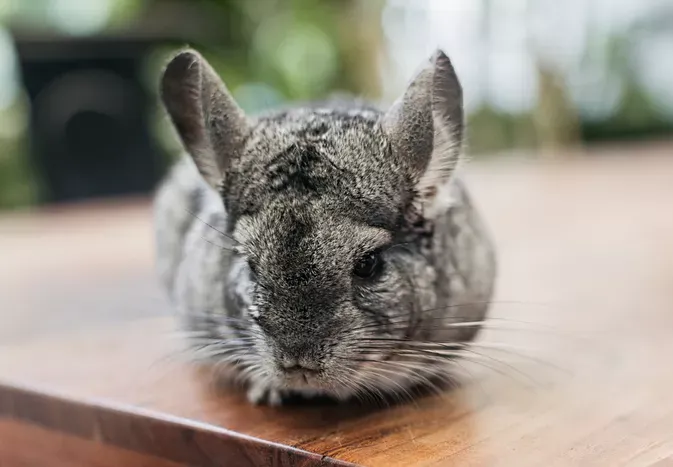
Exotic Pet Species
12 Best Exotic Pets for Apartment Living
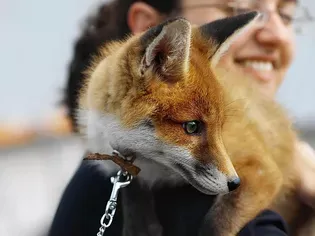
Exotic Pet Species
Best Foxes to Keep as Pets
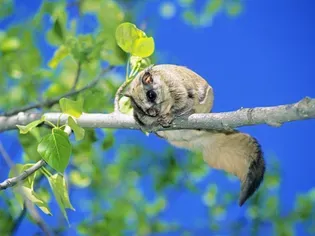
Exotic Pet Species
Should You Keep a Northern Flying Squirrel as a Pet?
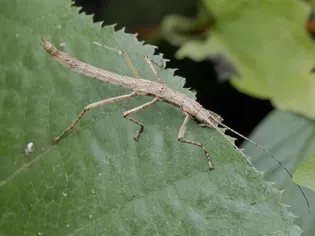
Exotic Pet Species
Should You Keep Stick Insect as a Pet?

Exotic Pet Species
Should You Keep a Big Cat as a Pet?